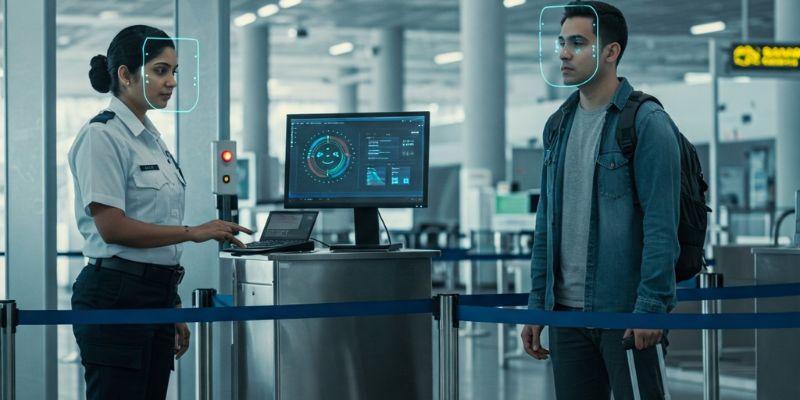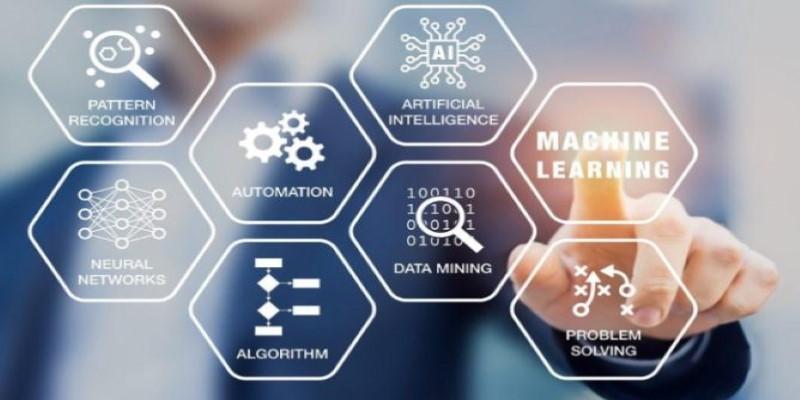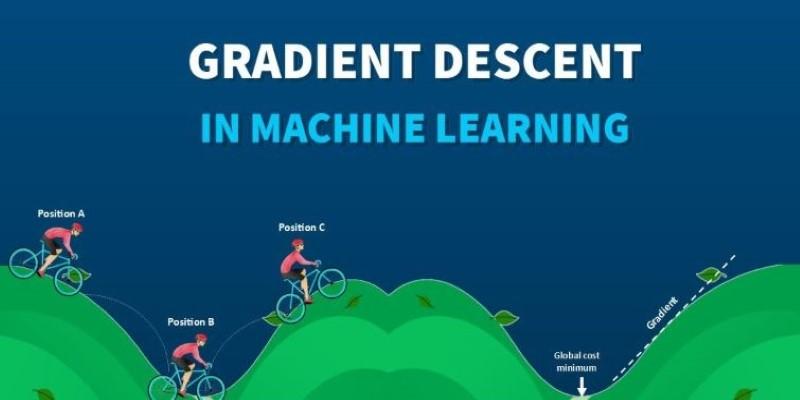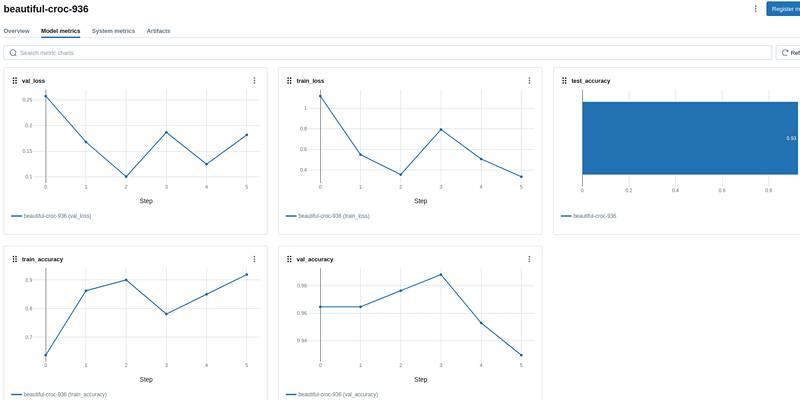Artificial Intelligence (AI) is revolutionizing the travel industry, making trips smarter, faster, and more personalized. From predictive analytics to AI-powered virtual assistants, travel companies leverage technology to enhance customer experiences, optimize operations, and increase profitability.
Travelers now enjoy personalized recommendations, seamless bookings, and real-time updates that were unimaginable a few years ago. As AI adoption accelerates in 2025, the travel sector is set to become more efficient, safer, and customer-centric than ever before. In this article, we explore what AI is in the travel industry, its benefits, and 10 real-world applications transforming how we travel today.
What Is AI in the Travel Industry?
AI in travel refers to using advanced algorithms, machine learning, natural language processing, and predictive analytics to improve every aspect of the travel experience. It enables travel companies to analyze vast amounts of data to forecast demand, understand traveler behavior, optimize pricing, and provide personalized services.
AI applications range from automated booking systems and chatbots to predictive maintenance for airlines and sustainable travel solutions. By combining data-driven insights with automation, AI helps businesses deliver smarter, more efficient, and enjoyable travel experiences for their customers.
Benefits of AI in the Travel Industry:
- Enhanced Personalization: AI analyzes traveler data to recommend flights, hotels, and experiences based on individual preferences, making trips unique and tailored.
- Increased Operational Efficiency: Automating booking processes, customer support, and supply chain management reduces human workload, minimizes errors, and speeds up service delivery.
- Cost Optimization: Dynamic pricing, predictive maintenance, and resource management lower operational costs while maximizing revenue for travel companies.
- Improved Customer Engagement: Virtual assistants, chatbots, and AI-driven notifications provide travelers with real-time support, updates, and relevant information, enhancing satisfaction.
- Safer Travel: AI-powered security and fraud detection systems ensure safer transactions, boarding processes, and airport operations.

Top 10 Applications of AI in Travel Industry:
AI is being used across multiple aspects of travel to enhance convenience, safety, and personalization. From bookings to airport operations, here are 10 real-world applications transforming the travel experience:
AI-Powered Booking Systems:
AI simplifies bookings by analyzing traveler preferences, previous trips, and budget constraints. Platforms recommend flights, hotels, and vacation packages tailored to individual needs. This increases conversion rates, reduces errors, and ensures a seamless booking process. AI systems can even anticipate services travelers may need during their trip, making travel preparation effortless.
Virtual Travel Assistants:
AI chatbots and virtual assistants handle customer support, answer queries, guide users through bookings, and provide real-time updates on delays or changes. Operating 24/7, they reduce response times and free human staff for more complex tasks. Over time, these assistants learn from interactions to offer increasingly accurate recommendations, enhancing traveler satisfaction.
Personalized Recommendations:
AI predicts activities, destinations, or services travelers enjoy based on their history, preferences, and social media activity. This personalization increases engagement and encourages upselling of tours, excursions, or local experiences. For instance, travelers interested in adventure sports might receive suggestions for hiking trails, water sports, or outdoor events aligned with their interests.
Dynamic Pricing and Offers:
AI-driven dynamic pricing monitors market trends, competitor pricing, and seasonal demand to adjust real-time rates. Travelers benefit from competitive prices, while travel companies optimize revenue. AI can also deliver personalized promotions, discounts, or bundled offers, increasing conversions and customer loyalty.
AI in Airport Security:
Facial recognition, biometric scanning, and predictive threat analysis accelerate check-ins, security screenings, and boarding procedures. Airports reduce queues, improve passenger flow, and enhance safety. AI can detect suspicious behavior or anomalies, alerting security personnel immediately and maintaining a secure, smooth travel environment.
Language Translation and Communication Tools:
AI-powered translation applications allow travelers to communicate effortlessly across languages. Language barriers are minimized, from hotel check-ins to ordering food or asking for directions. These tools understand context, idioms, and cultural nuances, making conversations more natural and reducing misunderstandings during international trips.
Fraud Detection and Payment Security:
AI monitors transaction patterns to detect unusual behavior, reducing the risk of fraud during bookings and payments. Platforms flag suspicious activity, ensuring secure financial transactions. Travelers can trust that their personal and financial information is protected. At the same time, travel companies minimize revenue losses due to fraudulent activities.
Predictive Maintenance for Airlines:
AI predicts maintenance needs for aircraft based on flight hours, environmental conditions, and usage patterns. Airlines can address potential issues before they become significant problems, reducing downtime, delays, and operational costs. Passengers benefit from safer flights and more reliable schedules.
Travel Content Creation:
AI generates personalized travel guides, itineraries, and promotional content using traveler data and destination insights. These curated recommendations enhance planning and engagement. AI can suggest hidden gems, local events, or themed itineraries, creating a unique, tailor-made travel experience for each traveler.
Sustainable Travel Solutions:
AI promotes eco-friendly travel by suggesting low-carbon transport options, sustainable accommodations, and energy-efficient routes. Travelers can make environmentally responsible choices while businesses optimize resource usage and reduce their carbon footprint, contributing to a greener tourism industry.
Challenges of AI in Travel Industry:
Despite its benefits, AI adoption in travel faces challenges:
- High Implementation Costs: Advanced AI systems require significant technological and training investments.
- Data Privacy Concerns: Travelers may be wary about how personal information is collected and used.
- Algorithmic Bias: AI decisions can be skewed if trained on limited or biased datasets.
- Integration Issues: Incorporating AI into existing platforms can be complex and time-consuming.
Balancing technology with trust, security, and human oversight is essential to maximize AI benefits.
The Future of AI in Travel Industry:
AI adoption in travel is expected to grow, enabling more innovative, efficient, and personalized experiences. Emerging trends include:
- Augmented Reality Experiences: Virtual tours, hotel previews, and interactive travel guides.
- Hyper-Personalized Services: Entire trips customized based on real-time data, mood analysis, and preferences.
- AI-Enhanced Logistics: Optimized flight routes, real-time traffic insights, and more innovative hotel management.
- Voice-Activated Travel: Hands-free booking, itinerary management, and travel assistance.
By 2030, AI will likely underpin most travel operations, making the industry more efficient, customer-focused, and sustainable.
Conclusion
Artificial Intelligence is no longer optional in the travel industry; it transforms how travelers plan, book, and experience trips. From AI-powered bookings and chatbots to predictive maintenance and sustainable travel solutions, AI enhances convenience, safety, and personalization.
Today, travel businesses that embrace AI will deliver superior experiences, optimize operations, and remain competitive in 2025 and beyond. Start integrating AI solutions now to provide smarter, faster, and more memorable journeys, and stay ahead in the ever-evolving world of travel.












